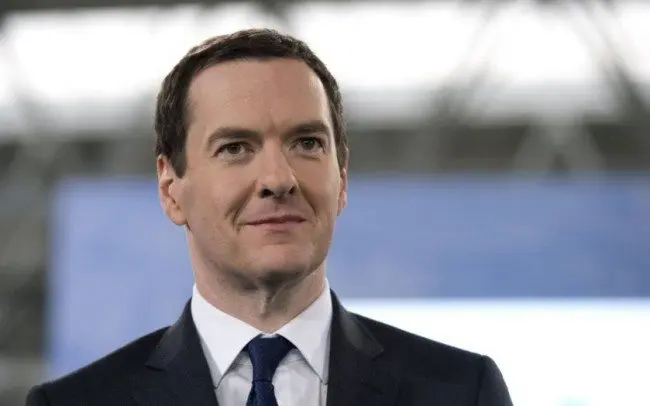Public sector net borrowing excluding the cost of the bank bail-outs hit £74.2 billion in the financial year to December, according to the Office for National Statistics.
Although monthly figures are considered volatile, in December alone borrowing was down £4.3 billion year-on-year to £7.5 billion, some £3 billion better than expected.
The government is currently just above the Office for Budget Responsibility’s full-year borrowing estimate of £68.9 billion. January is traditionally a month of surplus but with three months of the financial year to go George Osborne will need a bumper start to 2016 to stay on track.
Keeping up with the OBR’s forecasts is vital to Mr Osborne if he is to achieve a budget surplus by the 2019/20 financial year, just ahead of the next UK general election.
Paul Hollingworth, the UK economist at Capital Economics, said today’s data provided “encouraging news” on the state of the public finances but believes the Chancellor will find it difficult to hit the OBR’s forecasts for the year as a whole.
He said: “Granted, January typically sees a big surplus which should bring the total closer to this estimate. But borrowing still looks likely to overshoot the target this year, possibly by as much as £10 billion.”
December’s better-than-expected monthly borrowing was down to a number of factors. The Department for International Development transferred some heavy spending from December to November in 2015 and December 2014 saw a one-off payment of around £1.7 billion to the European Union, flattering the more recent figures.
The Office for Budget Responsibility has said that January’s tax receipts should be particularly strong due to a jump in self-assessment tax receipts — the result of a recent policy change.
Pressure to make departmental cuts is also mounting, it said, as the Treasury maintains pressure on ministers to reign in spending before the end of the financial year.
Howard Archer, the chief European and UK economist at IHS Global Insight, said with that in mind the Chancellor has a “fighting chance” of meeting the OBR’s targets, although January, February and March would have to be “pretty stellar”.
He added improving economic growth and, crucially, wage growth will be needed to stay on track for a surplus in 2020.
The UK has had only three years of budget surplus since 1993 in the years between 1999 and 2001. Public sector net debt excluding public sector banks peaked in 2010 as spending rose but tax receipts fell in the aftermath of the financial crisis.


